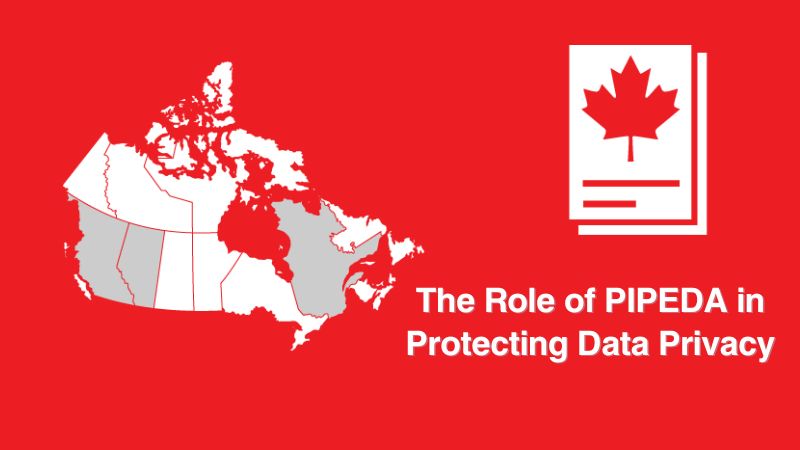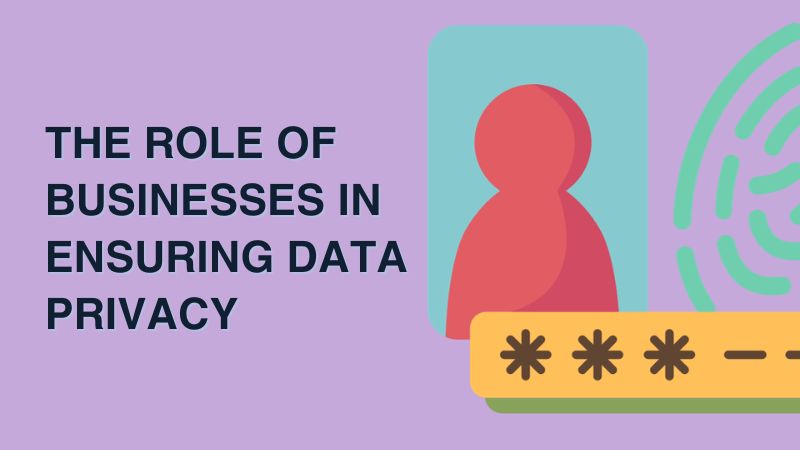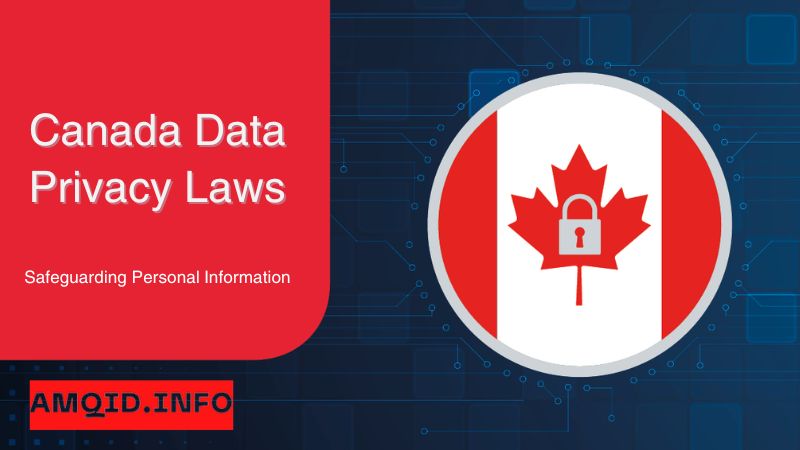In an era dominated by digital technologies and interconnected networks, the protection of personal data has become a paramount concern for individuals and organizations alike. In Canada, data privacy regulations play a crucial role in safeguarding the rights and freedoms of citizens in an increasingly data-driven society. This article by Amqid.info explores the landscape of Canada data privacy laws, focusing on the Personal Information Protection and Electronic Documents Act (PIPEDA) and its implications for individuals and businesses across the country.
Understanding Canada Data Privacy Framework
At the heart of Canada data privacy framework lies the pivotal legislation known as the Personal Information Protection and Electronic Documents Act (PIPEDA). Instituted in 2000, PIPEDA establishes a comprehensive set of guidelines governing the collection, usage, and disclosure of personal information by private sector entities engaged in commercial activities spanning provincial borders. Mandated by PIPEDA, organizations must secure consent when gathering personal data and abide by principles of accountability, transparency, and security in their handling of such information. This legislation serves as a crucial safeguard, ensuring the protection of individuals’ privacy rights and fostering trust in the digital landscape.

The Role of PIPEDA in Protecting Data Privacy
PIPEDA serves as a comprehensive framework for ensuring the protection of personal information in Canada. It establishes rules and standards that govern how organizations handle sensitive data, including customer information, employee records, and financial details. By emphasizing principles such as consent, purpose limitation, and data minimization, PIPEDA aims to strike a balance between the legitimate interests of businesses and the privacy rights of individuals.

Compliance and Enforcement Mechanisms
Central to PIPEDA’s effectiveness is its compliance and enforcement mechanisms, overseen by the Office of the Privacy Commissioner of Canada (OPC). The OPC is tasked with monitoring compliance with PIPEDA, investigating complaints related to data privacy breaches, and promoting awareness of privacy rights among Canadians. Through proactive audits and investigations, the OPC ensures that organizations adhere to their obligations under PIPEDA, holding them accountable for any breaches or violations.
Provincial Data Privacy Laws
In addition to PIPEDA, certain provinces in Canada have enacted their own data protection laws to supplement federal regulations. For example, Alberta’s Personal Information Protection Act (PIPA) and British Columbia’s Personal Information Protection Act (PIPA BC) govern the handling of personal information within their respective jurisdictions. While these provincial laws share common principles with PIPEDA, they may introduce additional requirements or obligations for organizations operating within their boundaries.
Emerging Trends and Challenges
Despite the robust framework provided by PIPEDA and provincial laws, Canada data privacy landscape continues to evolve in response to emerging trends and challenges. The proliferation of new technologies, such as artificial intelligence and the Internet of Things, poses novel risks to data security and privacy. Moreover, the increasing digitization of government services and the rise of data-driven business models raise questions about the appropriate balance between innovation and privacy protection.
The Impact of Global Trends
In an interconnected world, Canada data privacy regime is influenced by global trends and developments in data protection laws. The European Union’s General Data Protection Regulation (GDPR), for instance, has set a benchmark for privacy rights and standards worldwide, prompting discussions about the need for similar reforms in Canada. As businesses operate across borders and data flows transcend national boundaries, ensuring interoperability and consistency with international norms becomes crucial for maintaining Canada’s competitiveness in the global marketplace.
Calls for Reform and Modernization
In recent years, there have been calls for reform and modernization of Canada data privacy laws to address evolving challenges and align with international best practices. Stakeholders, including privacy advocates, industry groups, and policymakers, have highlighted the need for stronger enforcement mechanisms, enhanced transparency requirements, and greater individual control over personal data. Moreover, the growing public awareness of privacy rights and concerns about data breaches have underscored the urgency of updating PIPEDA to reflect contemporary realities.

The Role of Businesses in Ensuring Data Privacy
Businesses play a pivotal role in upholding data privacy rights and complying with regulatory obligations. By implementing robust data protection measures, conducting regular privacy assessments, and providing adequate training to staff, organizations can mitigate the risks of data breaches and build trust with their customers. Moreover, fostering a culture of privacy and accountability within the corporate sector is essential for promoting ethical data practices and safeguarding the interests of all stakeholders.
Conclusion
Canada data privacy laws form a critical framework for protecting personal information in an increasingly digital world. With PIPEDA at its core, the country has established clear standards and principles for the collection, use, and disclosure of personal data by organizations. However, as technology continues to advance and new challenges emerge, ongoing efforts are needed to modernize and strengthen Canada data privacy regime. By embracing innovation while upholding fundamental privacy rights, Canada can ensure that its data privacy framework remains robust, resilient, and responsive to the evolving needs of society.
